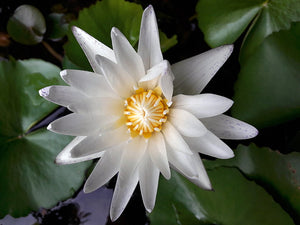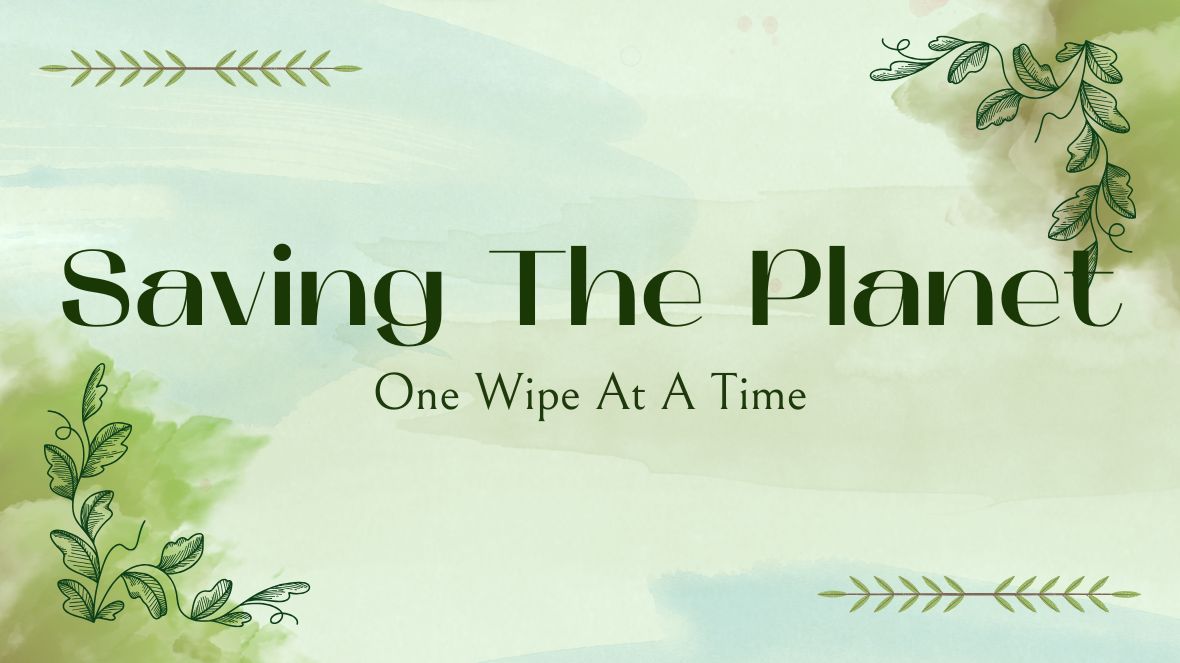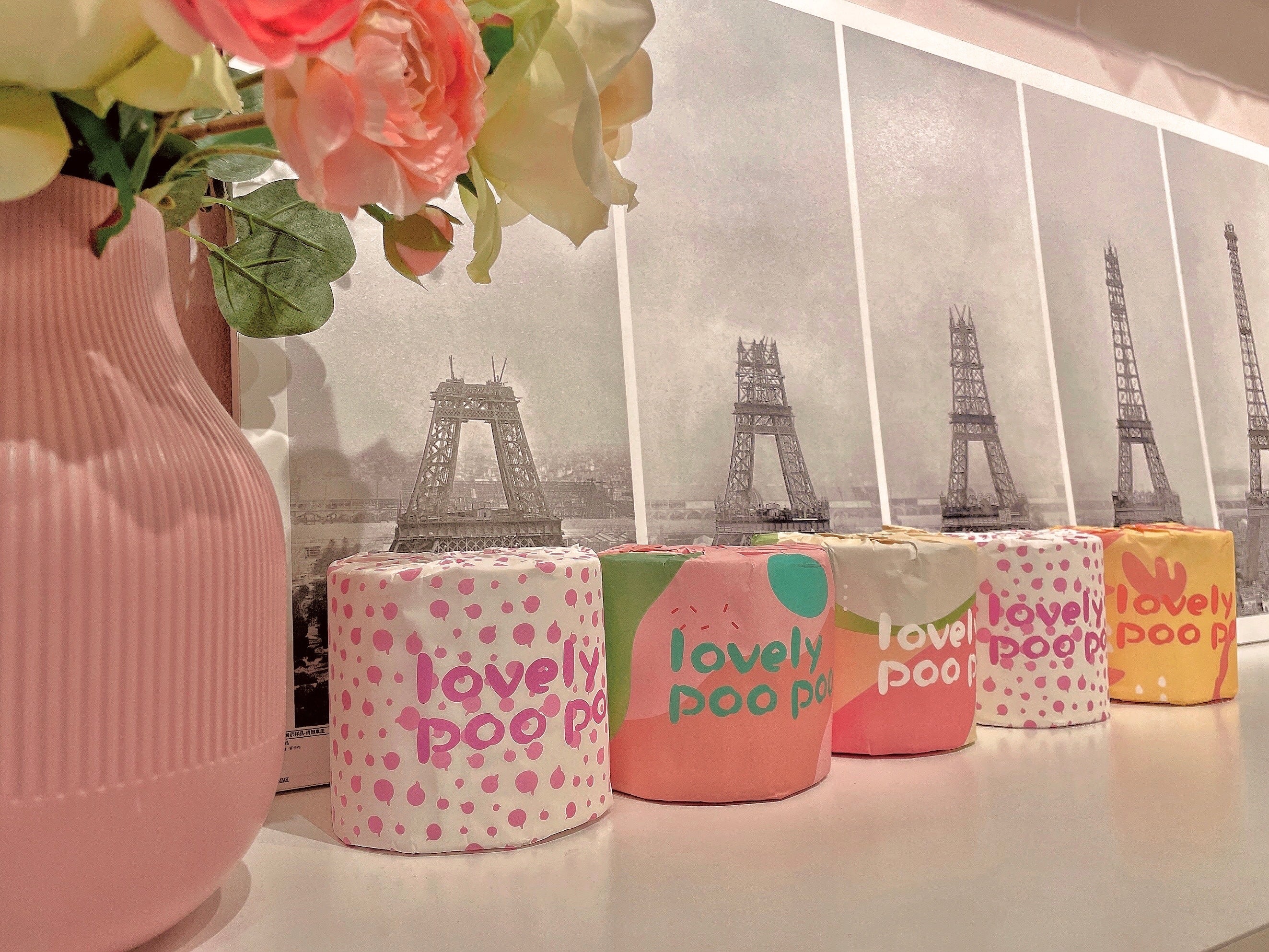Environmentalism is more than a passing trend; it's a movement that has evolved over time, shaped by the collective realization that our planet's resources are finite and require our utmost respect and protection. At Lovely Poo Poo, we committed to sustainability, we're passionate about not just providing eco-friendly products like our bamboo toilet paper, but also about educating our customers on the importance of environmental stewardship. In this blog post, we'll explore the history of environmental movements and how understanding these historical contexts can inform our choices today, leading to a more sustainable future.
What is Environmentalism?
Environmentalism is a social and political movement that advocates for the protection of the environment and the preservation of natural resources. It encompasses a wide range of philosophies, objectives, and activities aimed at maintaining the health of the Earth's ecosystems, its biodiversity, and the well-being of all living creatures, including humans.
Key Principles of Environmentalism
- Conservation: The preservation of natural resources and habitats to prevent exploitation, destruction, or neglect.
- Sustainability: Meeting the needs of the present without compromising the ability of future generations to meet their own needs.
- Ecological Awareness: Understanding the interdependence of all living organisms and the ecosystems they inhabit.
- Pollution Control: Reducing the emission of pollutants into the environment to maintain a healthy planet.
- Climate Change Mitigation: Taking action to reduce greenhouse gas emissions and the impacts of global warming.
A Brief History of Environmental Movements
-
Early Beginnings: The 19th century saw the first stirrings of environmentalism with the establishment of national parks and the promotion of conservation by figures like John Muir and Henry David Thoreau.
-
The 1960s: This decade marked a significant rise in environmental awareness with the publication of Rachel Carson's "Silent Spring," which highlighted the dangers of pesticide use.
-
1970s: The creation of the Environmental Protection Agency (EPA) in the United States and the passing of landmark legislation like the Clean Air Act and the Endangered Species Act.
-
1980s: The rise of global environmental concerns, including the hole in the ozone layer and the threat of acid rain.
-
1990s: The United Nations Framework Convention on Climate Change (UNFCCC) and the Kyoto Protocol, which aimed to combat climate change.
-
21st Century: A focus on sustainable development, renewable energy, and global efforts to reduce carbon emissions, as well as the rise of individual and corporate social responsibility.
Introducing Our Bamboo Toilet Paper: A Sustainable Choice
Our bamboo toilet paper is more than just a product; it's a commitment to the principles of environmentalism. Here's how our toilet paper aligns with the goals of environmental movements:
- FSC Certified, 100% Bamboo: Our toilet paper is made from 100% bamboo that is FSC certified, ensuring responsible sourcing and forest management practices.
- Strength and Softness: With 370 sheets per roll and a sheet size of 10*10cm, our 3-ply toilet paper offers 2X absorption, providing strength and softness for a superior user experience.
- Chemical-Free: We use no inks, dyes, or BPA in our toilet paper, ensuring a natural and safe option for you and your family.
- Plastic-Free Packaging: Our packaging is fully plastic-free, including the tape, reducing waste and our carbon footprint.
- Septic Safe and Biodegradable: Designed to break down easily, our toilet paper is septic safe and biodegradable, making it an eco-friendly choice for disposal.
- Durability: Each Supreme Roll is 4X stronger and more durable than standard toilet paper, ensuring a neat tear and reliable performance.
The Role of Consumers in Environmentalism
Consumers have the power to drive change through their purchasing decisions. Here's how you can contribute to environmentalism:
- Educate Yourself: Learn about the environmental impact of the products you buy and the companies you support.
- Choose Sustainable Products: Opt for products with a lower environmental footprint, like our bamboo toilet paper.
- Reduce, Reuse, Recycle: Follow these principles to minimize waste and maximize the life cycle of products.
- Support Environmental Policies: Advocate for and support policies that protect the environment and promote sustainability.
So. . . .
Environmentalism is a call to action for all of us to take responsibility for the health of our planet. By understanding the history of environmental movements and the principles that guide them, we can make informed choices that reflect our commitment to a sustainable future. Our bamboo toilet paper is just one example of how we can incorporate environmentalism into our daily lives, making a positive impact one choice at a time.
Join us in our mission to protect the environment by choosing our eco-friendly bamboo toilet paper. Browse our range of sustainable products today and take a step towards a greener lifestyle. Your decision to go with bamboo is not just a purchase; it's a statement of your dedication to the environment.
FSC Certification: The Wonders of Bamboo: Interesting Facts That Make It a Sustainable Choice







